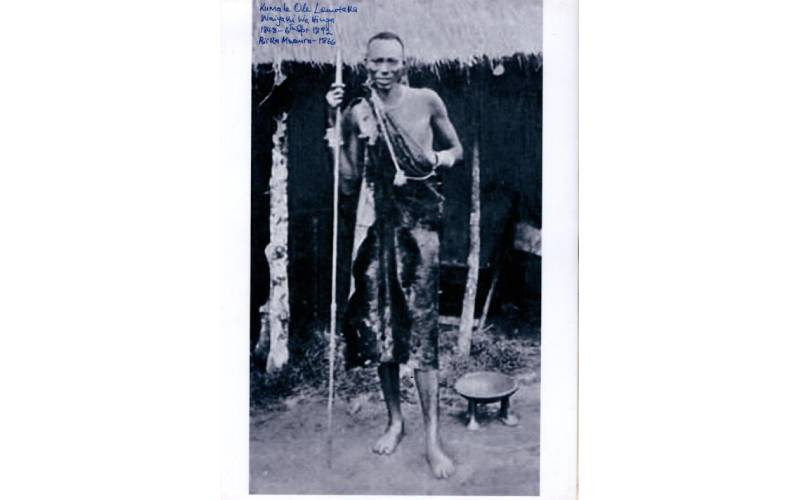
Audio By Vocalize

What happens when toxic love is garnished with a dose of high-handedness? It unites allies against their enemies, transcending race and tribe to birth new heroes and villains to be forever remembered in the history of Kenya for one century and three decades.
Sometimes in 1892, when Wanjiru, the wife of Kamaru Magata bolted from her husband's home somewhere in Githiiha and waltzed into the embrace of a new husband from Ukambani, little did she know that her action would forever alter the political landscape of her people.